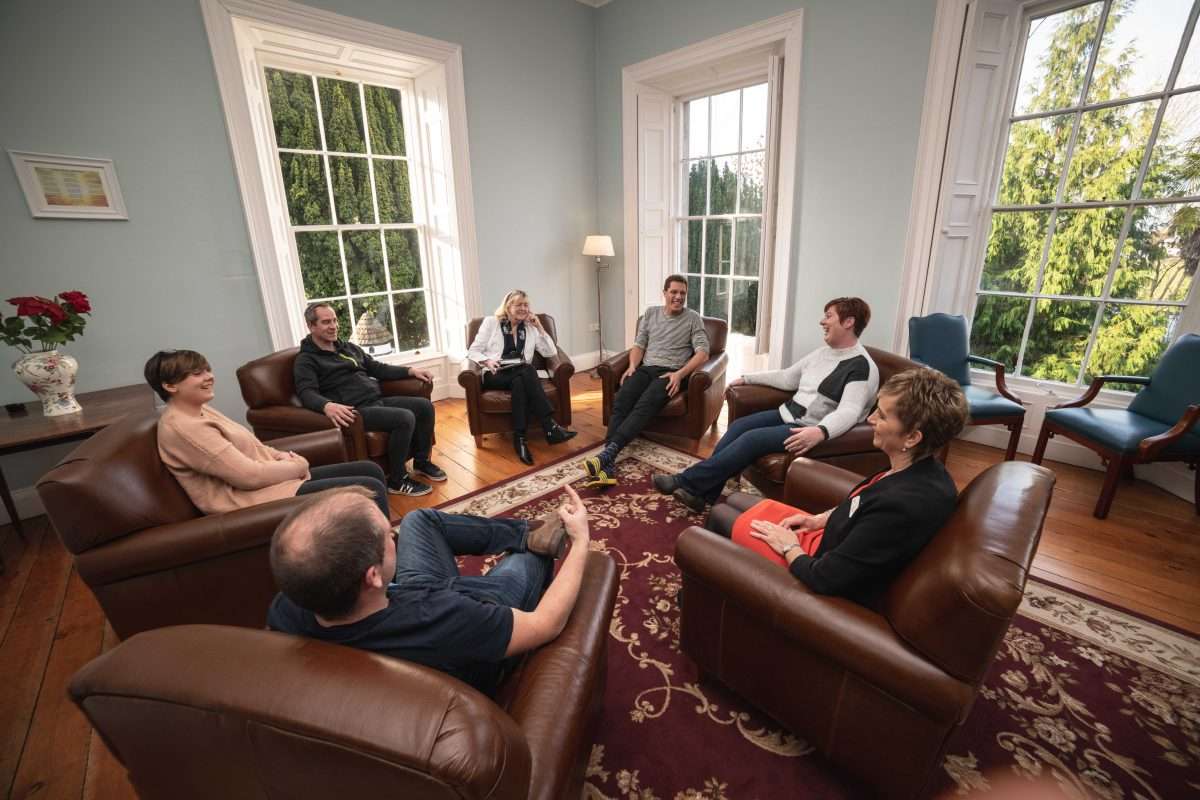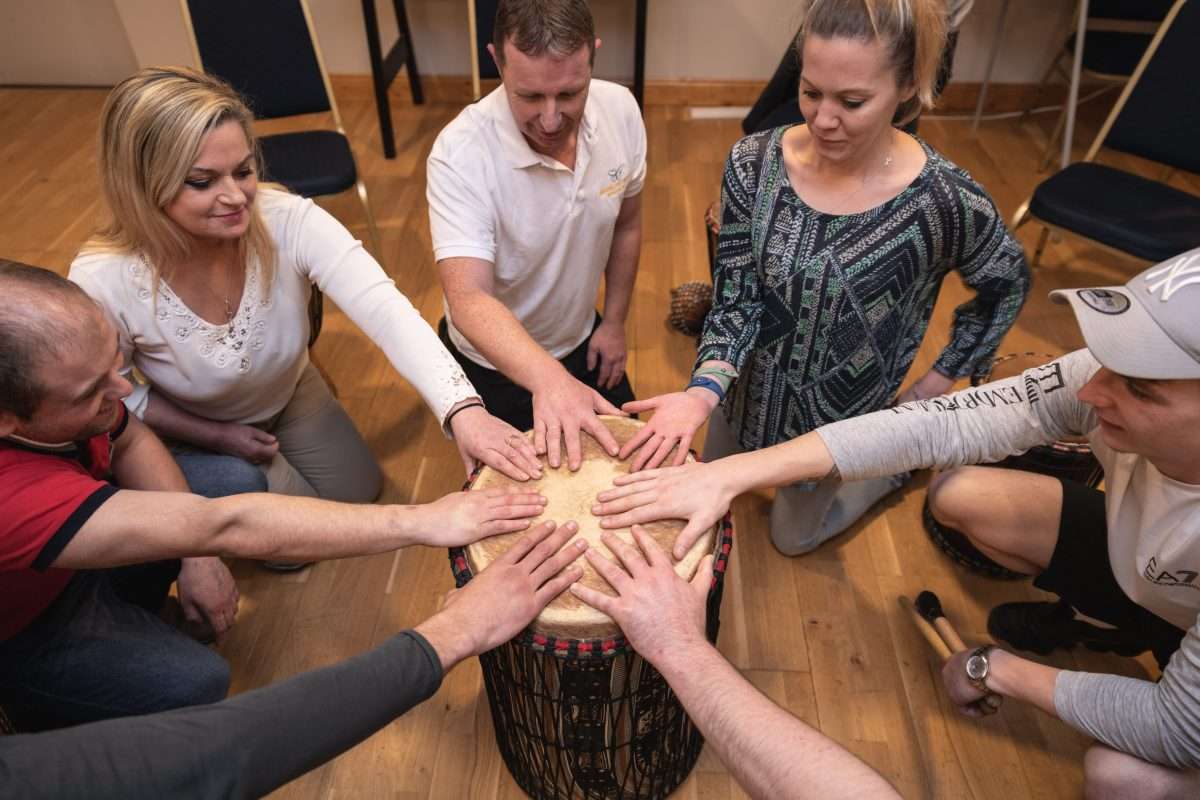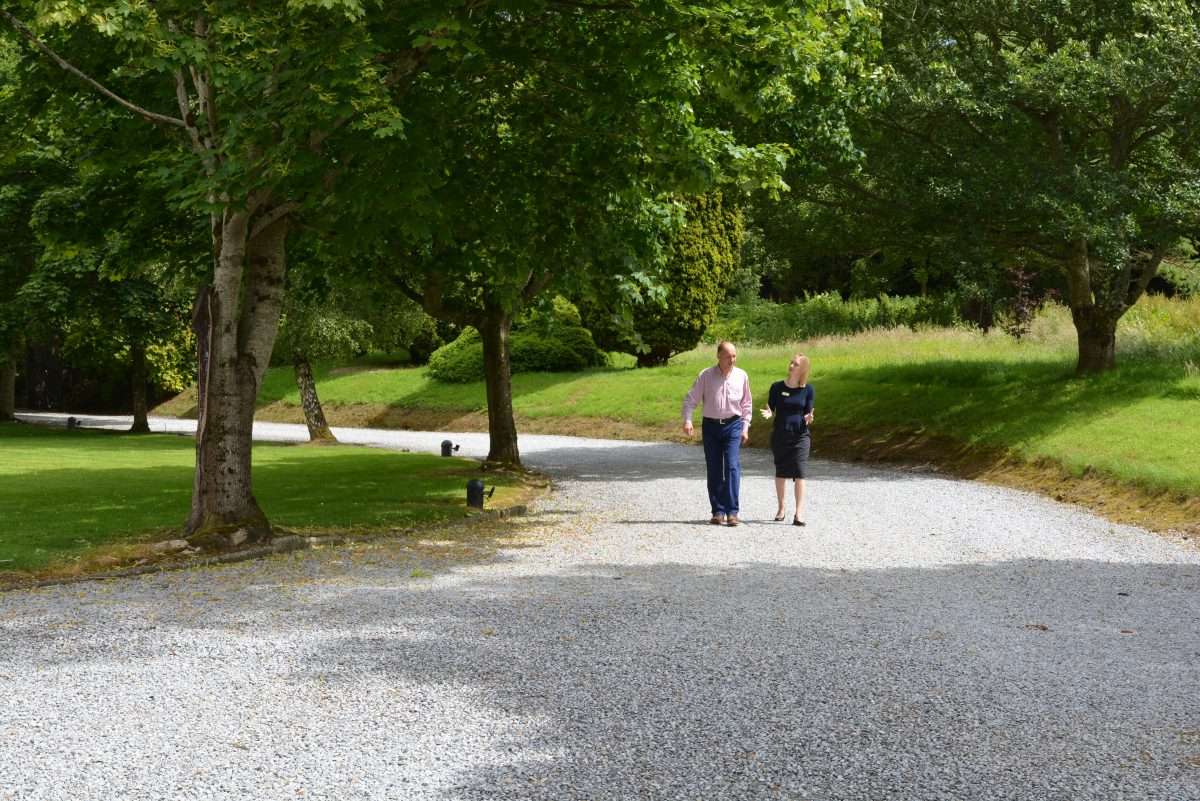
Rediscover Who You Are
If somebody close to you has a problem with addiction you might be wondering if there is anything you can do to help them. Understandably you may be worried that you will say the wrong thing, make the person angry or defensive, and risk the relationship deteriorating further. Early recognition and the support of family and friends is extremely important.
If you wish to help your loved one recognise that they have an addiction, it can help to be prepared. Finding ways to express your worries, understanding how they may react, as well as taking care of yourself are all important steps in dealing with someone who has an addiction.
Overwhelmed? Our attentive and caring staff will welcome your call at 041 986 5080 and endeavour to respond to your emails as quickly as possible.

Working Together For Your Recovery
Early Intervention
Drug users and heavy drinkers are usually in denial and try to keep their problem hidden. It is only when things hit “rock bottom” that they are forced to admit there is a problem and reach out for help. However by this point they will have done great damage to their body and brain, which in turn affects their ability to make rational decisions. This is why early recognition and the support of family and friends is extremely important.
For more information please call our confidential phone lines:
We strive to offer as much information as possible over the phone at all times. However, please note that the level of information we can provide varies at different times of the day and week, according to the following schedule:
- Monday to Friday, 9 am to 5 pm – Fully staffed admissions office. Medical staff and therapists are available.
- Monday to Friday, 5 pm to 11 pm – Admissions staff member may be available. The nursing staff also assists in managing any enquiries.
- Monday to Friday, 11 pm to 9 am – Message service available. On-duty nursing staff may be able to answer your call.
- Saturday and Sunday – Nursing staff available. Closed for admissions over the weekend.

Reaching Out
How to Help Someone with an Addiction
Caring Manner
When approaching someone about their addiction, you should adopt a caring, flexible way of speaking. As you may well be supressing your own feelings of anger and frustration, you should make sure to avoid being confrontational or judgemental.
The addict will most likely be defensive, but you should not fight back or blame. Be firm and succinct in your message. Help them focus on what you are saying and not on how you are saying it. Choose your words carefully in a non-judgemental way, for example say “I think you have a problem with alcohol/drug addiction” rather than “I think you are a drug addict”.
Express Concern
Show the person you have the best intentions and you are deeply concerned about the state of their health. Assure them of your genuine commitment to support them in taking positive action.
Present the Facts
Be factual: present the facts with specific examples of their behaviour, their drinking or drug misuse. Remember addiction is an illness and not a moral failing, so avoid making moral judgements. Instead, present the negative effects of the addict’s behaviour: rather than saying ‘I think you drink too much’, say: ‘Last night you were very troubled and verbally aggressive, you drove on the wrong side of the road. This really scared me and I am very worried.’

Get Help and Advice for Your Addiction Today
Explain That They Have an Illness
Explain that alcoholism or drug addiction is a chronic illness and not a moral weakness or lack of willpower. This illness has a potentially fatal outcome. Help them understand that there is nothing to be ashamed of and that there are specialised abstinence-based programmes that can help them recover. Assure them of your continuing support.
Use Leverage Where Possible
You should set boundaries, but beware you do not make threats or try to force the person to get help. Bargaining-power can be useful and you should offer a healthy choice. For example, if you are an employer, you may have to offer a choice of rehab treatment or risk losing their job. Express your genuine concern but keep a firm tone.
Engage Other People
Group interventions can be effective: family and friends can all gather for a commonly arranged meeting at the same time. If each person has their own examples and facts, the intervention will be more effective.
Alternatively, the group can act separately over the course of a few weeks. Different people can approach the addicted person with their own concerns and advise about the need for professional rehab treatment.
However, irrespective of the method, the approach and the message should be the same from all people. They should all propose support and offer treatment options.
Offer Professional Help
It is recommended that you provide contact details for professionals or rehab centers who provide treatment. Make these easily available around the house. Offer to speak on behalf of the addicted person and accompany them for assessment.
People suffering from alcohol or drug addiction will often agree to seek help but will not follow through immediately. It can take an addict quite some time – weeks or months – to recognise the problem themselves and agree to go into treatment. You shouldn’t be insistent. Let them make the step in their own time, but be prepared to help at any time.

Contact Us Today
Let Them Take Responsibility
Practice tough love. Do not take the responsibility on yourself. It must be the addict’s decision to go to rehab and take responsibility for their own recovery.
Offer Hope
Millions of people around the world suffering from alcohol or drug addiction have recovered and got their lives back on track, rebuilt their family lives and saved their careers. Rehab is a life-changing and enhancing experience.
Recommend Self-Help Groups
Offer to accompany your friend to an AA or NA meeting. Local self-help groups in Ireland like Alcoholics Anonymous (AA) or Narcotics Anonymous (NA) provide a network of mutual support for the addict. They can start learning about the 12 Step programme and move away from isolation. You should support your loved one, as they might reject these self-help meetings at first, but perseverance will pay off.
Help Yourself
Contact local Al-Anon groups in Ireland. These are support groups for family members and significant others who have a close one struggling with an addiction problem. These groups provide mutual help through the experience of other attendees, helping you find similar solutions for yourself and your loved one.

Download our Brochure
More Information on Getting Addiction Treatment:
If you would like more help and information on addiction treatment, you can contact us here.
For more information about the admissions process, or treatment at Smarmore Castle alcohol and drugs rehab centre, please call our confidential phone lines.
Free & Confidential Addiction Assessment
Taking the first step in seeking help can be very difficult, our team is here to help you.
If you would like to apply direct for admission, you can do so on our Apply for Admission page.